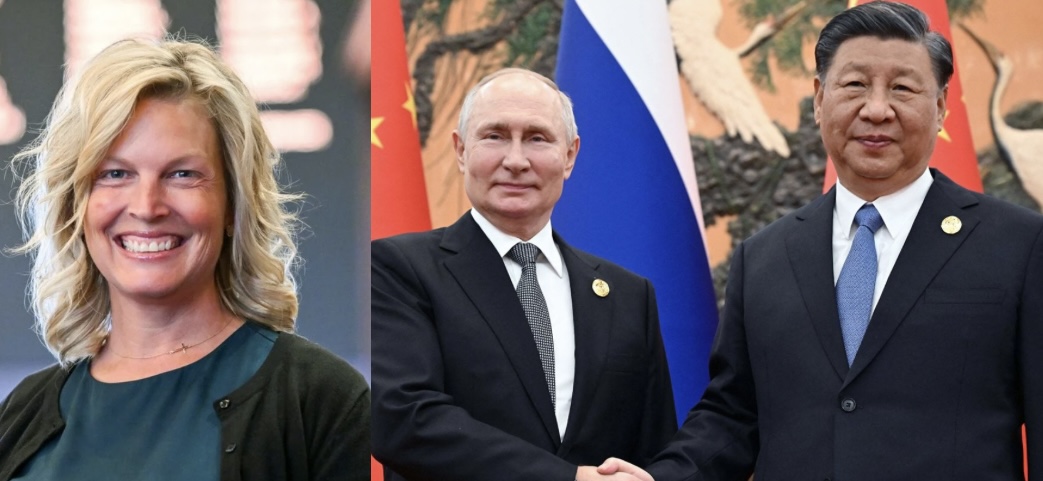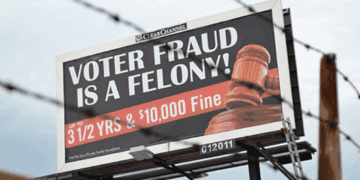By Illinois Review
Illinois House Republican Leader Tony McCombie is facing mounting criticism for what many conservatives are calling an assault on free speech. Despite being elected to represent the people, McCombie has reportedly blocked public comments on her official “Leader Tony McCombie” Facebook page – effectively silencing the very constituents she was chosen to serve.
For a leader in the party that prides itself on defending freedom and open discourse, McCombie’s actions are raising serious ethical and political questions. Her Facebook page, used to post official updates and taxpayer-funded communications, has become a one-way communication tool. Voters can read her statements but are prohibited from responding.
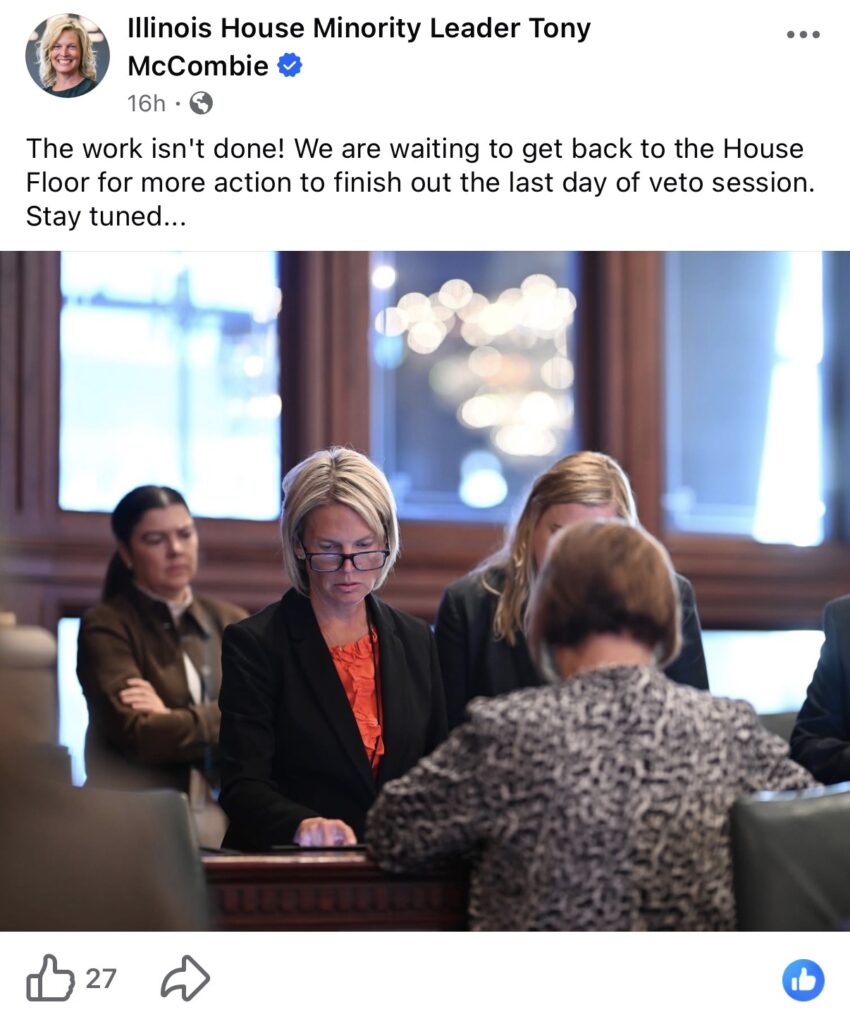
In an era when government officials use social media to engage directly with the public, McCombie’s decision to censor comments appears not only heavy-handed but also legally questionable. Courts across the country have consistently ruled that elected officials cannot block or silence critics on official government pages – especially when those accounts are used to conduct public business.
In Chicago, Alderman Jim Gardiner learned this lesson the hard way. After multiple residents sued him for blocking them on his official Facebook page, Gardiner agreed to a legal settlement acknowledging he had violated the First Amendment. The message from the courts was clear: public officials cannot suppress speech on government-operated social media.
McCombie’s choice to restrict comments places her in dangerous territory – both politically and constitutionally. By turning her “Leader” Facebook page into a censorship zone, she’s following in the footsteps of foreign strongmen like Vladimir Putin and Xi Jinping, who maintain strict control over what citizens can say in public forums.
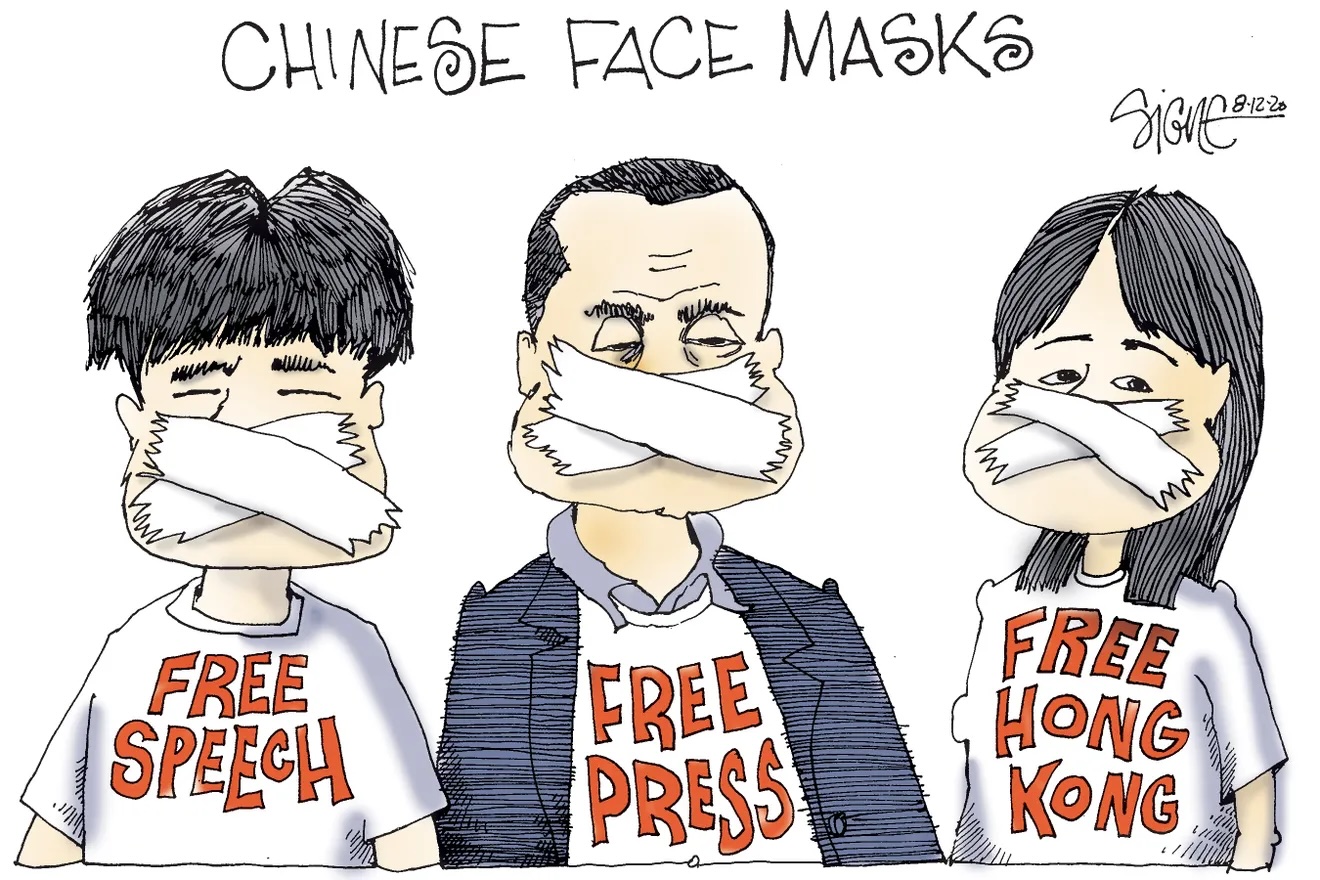
Even more embarrassing for Illinois Republicans, McCombie’s counterparts across the nation have chosen transparency and dialogue instead of control.
In Massachusetts, Republican House Minority Leader Brad Jones allows open public commenting on his official Facebook page. In Nevada, GOP House Minority Leader Gregory T. Hafen II engages freely with residents on his posts. New Jersey’s Republican leader John DiMaio and Virginia Delegate Terry Kilgore also welcome respectful public dialogue. None of them fear their constituents’ opinions.
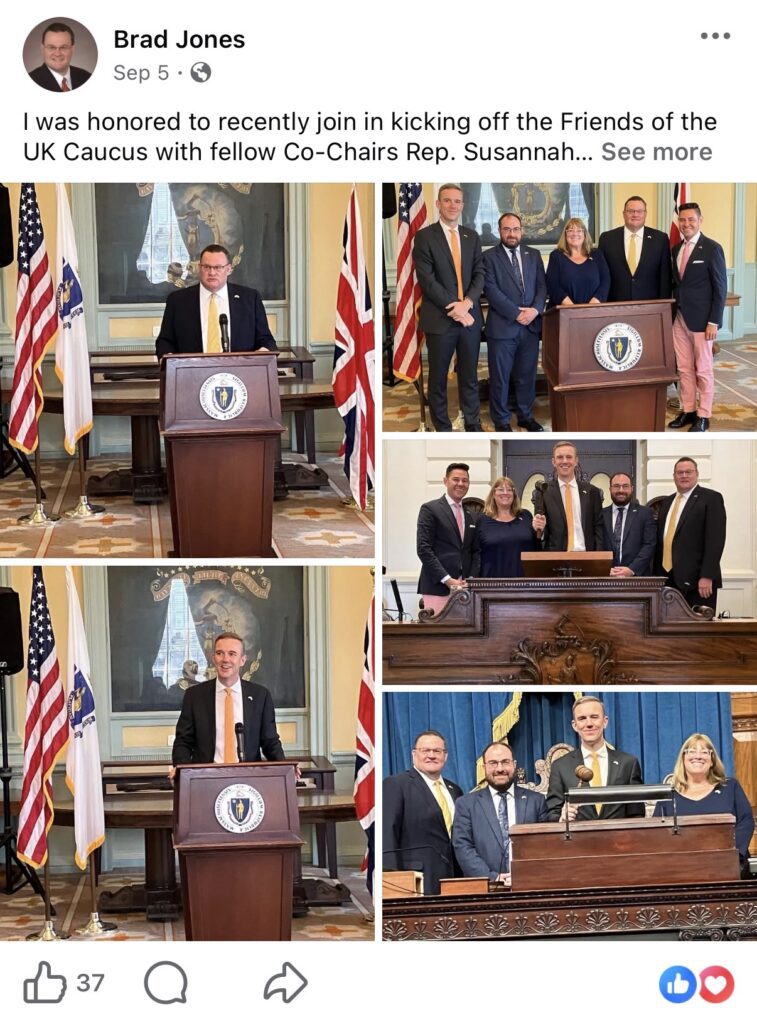
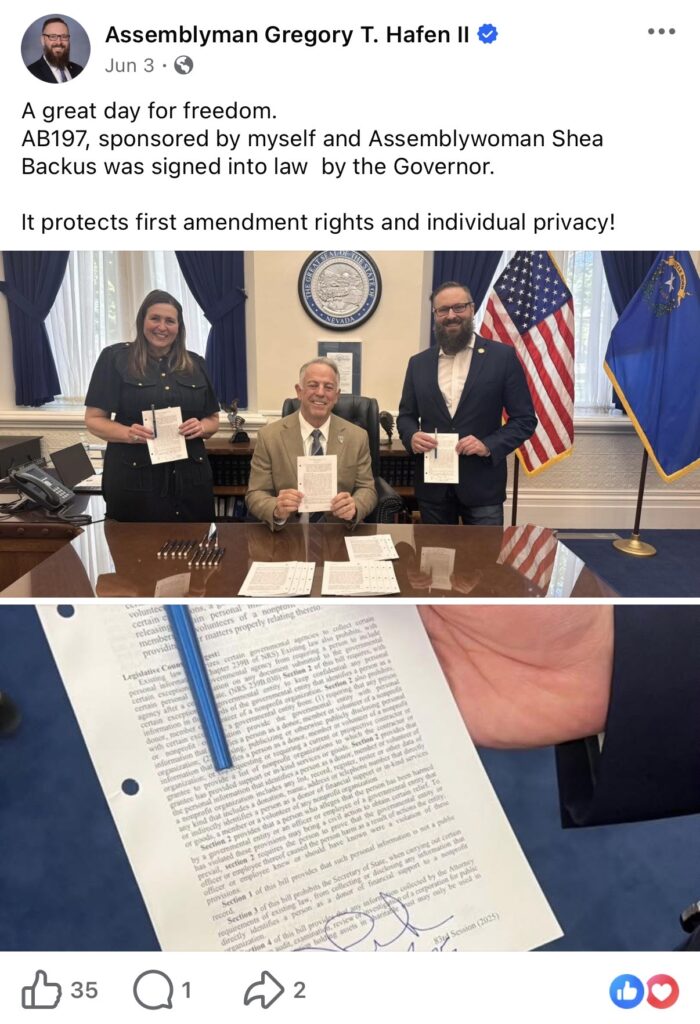
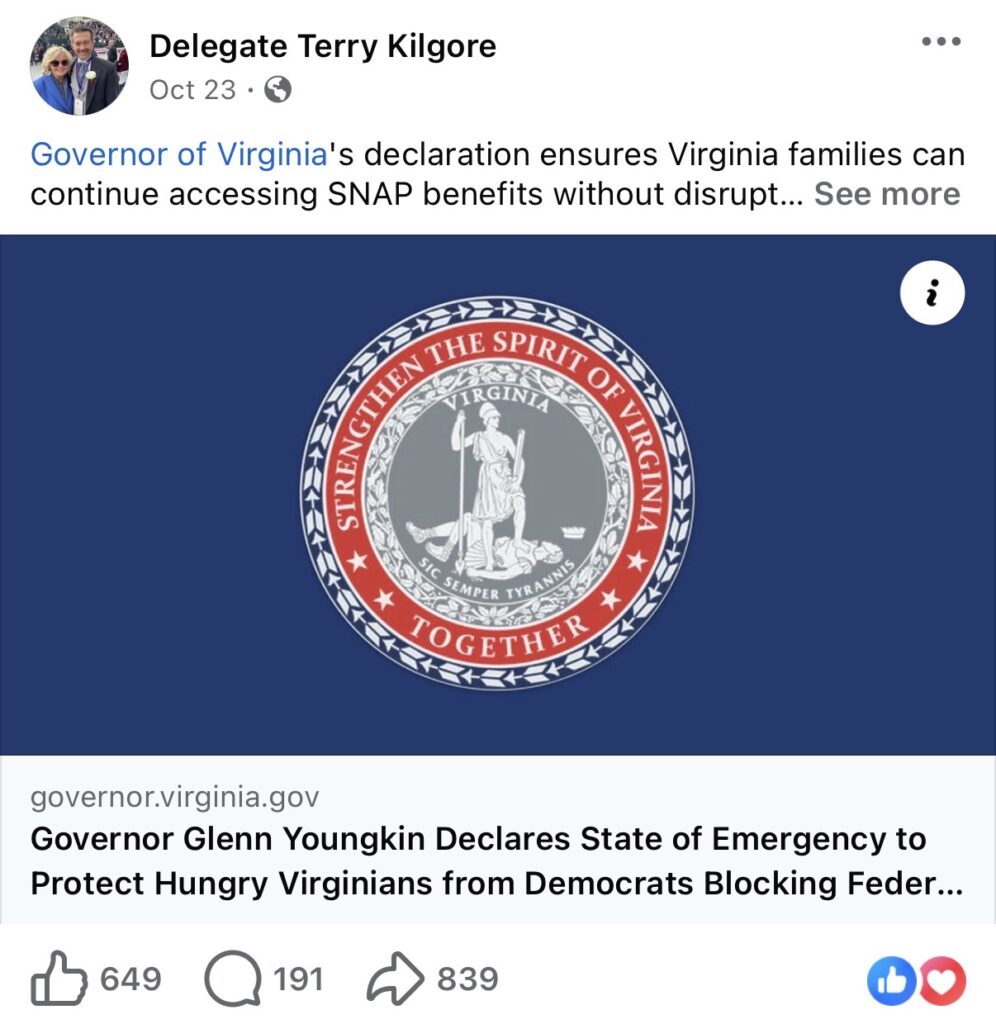
But in Illinois, under McCombie’s leadership, the opposite has become true. McCombie, already a controversial figure, has presided over a shrinking caucus, a fractured base, and a record devoid of meaningful legislative victories. Instead of leading a movement that empowers the grassroots, she’s been accused of intimidating conservatives, retaliating against dissenters, and shutting down those who question her decisions.
By blocking free expression on her official page, McCombie is reinforcing the perception that she governs through fear, not freedom. In doing so, she’s alienating the very voters the Illinois GOP needs most – everyday citizens hungry for accountability, transparency, and honest debate.
At a time when Illinois conservatives are demanding stronger leadership, Tony McCombie’s online censorship sends the worst possible message: that the “party of freedom” is now being led by someone who doesn’t trust the people to speak.


